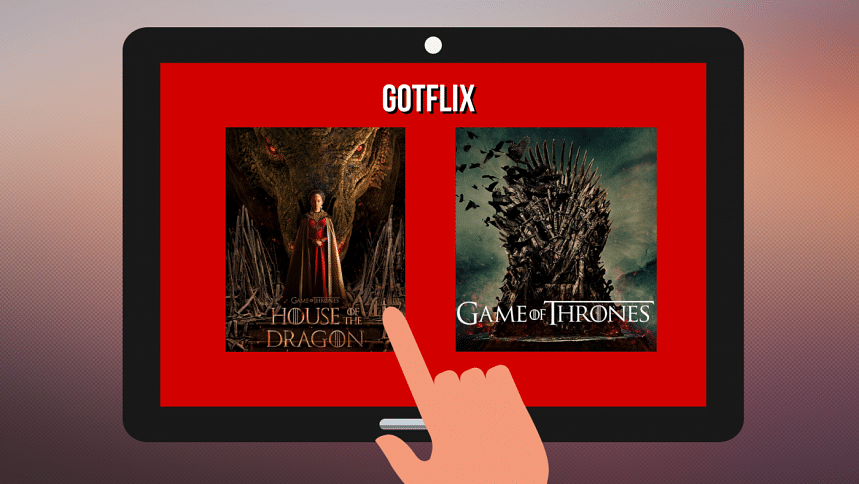Why it might be a good idea to watch prequels first

During my early adolescence, I wasn't into TV dramas. When my friends saw my look of utter confusion during conversations, they looked upon me as if I was a stranger who committed a sacrilege. This trend bucked during the pandemic, when I binged all the famous shows I had missed out on until then.
As I went deeper into the plots, I discovered many shows have spinoffs, either sequels or prequels. While many people swear by watching shows or movies from a franchise in the order that they were released in, like the Star Wars movies, I have found that beginning with the prequel is often the best battle-plan.
Prequels give us a proper backstory, which in turn helps us understand the overall psychology of the characters within a show and the universe in which the story takes place. The plots of prequels are often unrelated with the main show, only to converge as timeframes clash in the prequels' latter seasons. Watching the events leading up to the shows' apex, we get a proper backstory which allows us to better understand the context in which the plot is shaped. This is especially true for the fantasy-fiction genre, where a lot of background information is available, yet hard to absorb for the casual fan.
Evolution of characters is a massive point-of-interest for fans. Thankfully, prequels are as always on hand. Someone watching the Star Wars movies starting from Episode 1 and then sequentially moving on to Episode 4 will definitely have more of an understanding of who Darth Vader is and where he comes from compared to someone who started from Episode 4. On the other hand, for prequels set in a timeframe which is often long behind the main shows, there might be characters which never appear in the main show, but still play a massive role in shaping up the characters which do appear. Think Thorin Oakenshield from The Hobbit movies.
Fans often disregard these characters, but we must not forget their roles into shaping up others. These characters' actions and impacts go a long way towards shaping up a character into the personality we see in the main shows. It can also change our perception on certain characters – erstwhile antagonists might turn out to be true heroes who worked silently for good all along. Better Call Saul is a classic example where new, seemingly unrelated characters transformed Jimmy McGill into the Saul Goodman who appears in Breaking Bad.
Watching prequels first, we can delve deeper into the show's universe. I find this to be the most fascinating aspect because prequels, which are only made once the main series has done well and there's a certain guarantee of financial profit, allow us to look deeper into the social, emotional and the attitudes' vantage points within the universe. The makers can really play into the "show, don't tell" mantra and that often fills the vital, often defining plot gaps which makes it much easier to get on board with the main show's apparent flaws, helping us understand why things pan out the way they do.
On that note, House of the Dragons (HotD), prequel to the critically-acclaimed Game of Thrones (GoT), is releasing soon. For someone trying to get into GoT, starting with HotD can be a shrewd move – it's set 200 years before GoT's events, following the demise of House Targaryen. This can act as the perfect stage setter for the subsequent epic (up until season 6, ofcourse).
Our thirst as fans is limitless. To quench our desires, long storylines have become routine in TV shows. Following everything at once can be challenging. For someone trying to get into a new on-screen universe, prequels are your gateway if you don't want to feel lost.
Inqiad is a long suffering Manchester United fan and a self-proclaimed Targaryen. Contact him at [email protected]

 For all latest news, follow The Daily Star's Google News channel.
For all latest news, follow The Daily Star's Google News channel. 








Comments